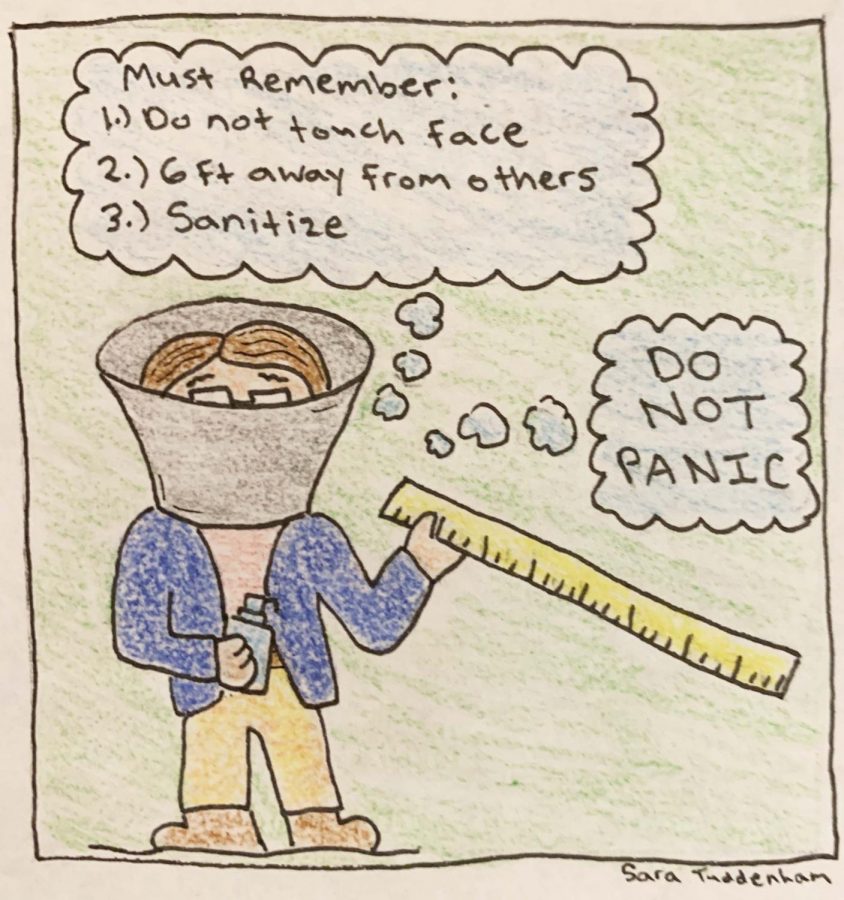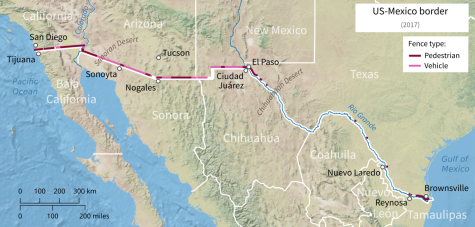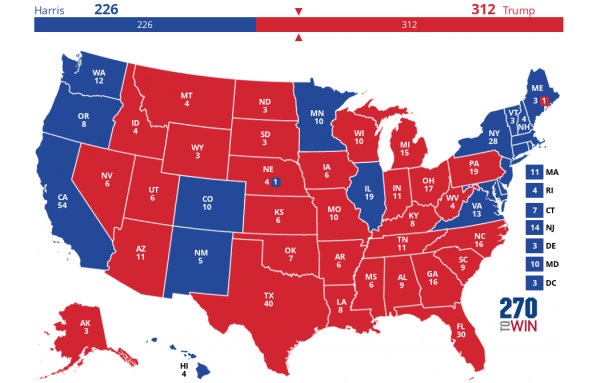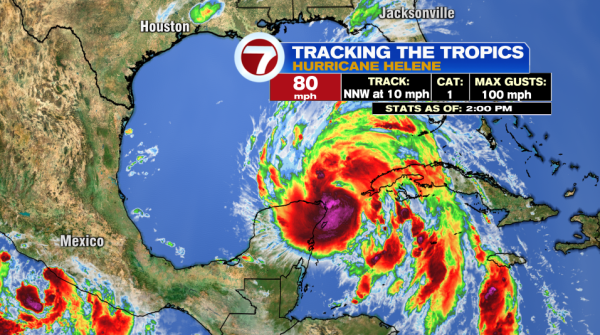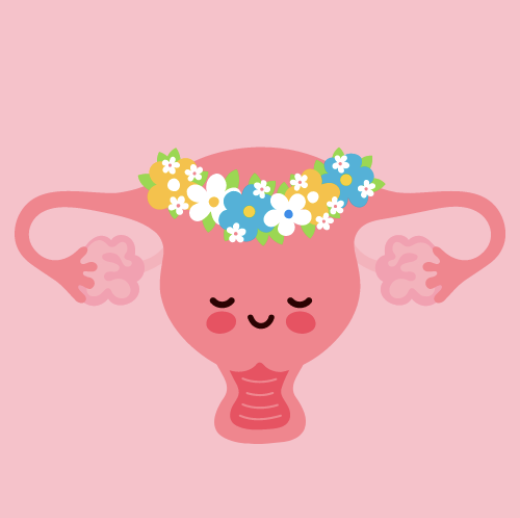The CDC declares COVID-19 a pandemic
What you should know and how to protect yourself
Schools are shut down. Online learning is the norm. Travel plans and events cancelled. Communities are self-quarantining. Stores can’t keep hand-sanitizer on the shelves. And toilet paper shortages . . .
It seems like the end of the world.
It’s easy to get lost in all of the chaos of the Coronavirus. It’s hard to keep up with all the information swirling around, and to separate fact from fiction.
What should people be doing to help themselves and their communities? Are people overreacting or is the hysteria plausible? What even is the Coronavirus?
What is the Coronavirus?
The virus itself is called “SARS-CoV-2”; the disease caused by the virus is called “coronavirus disease 2019,” or COVID-19 for short.
Centers for Disease Control and Prevention (CDC) is categorizing COVID-19 as “an outbreak of respiratory disease,” and explains that the “novel coronavirus is a new coronavirus that has not been previously identified.”
The CDC warns the “virus causing coronavirus disease 2019 (COVID-19), is not the same as the coronaviruses that commonly circulate among humans. Diagnosis with coronavirus 229E, NL63, OC43, or HKU1 is not the same as a COVID-19 diagnosis.”
The CDC explains that treatment for COVID-19 is different than treatment for any other strain of coronavirus, which might only cause mild illnesses.
How does the Coronavirus spread?
The first infection of Coronavirus has been linked to a live animal market, but now the virus is spreading through person-to-person contact. The virus is “community-spread,” which the CDC explains “means people have been infected with the virus in an area, including some who are not sure how or where they became infected.”
While it is possible to get the virus through touching an infected object (an object an infected person has touched), and then touching your mouth, eyes, or nose, it is not thought to be the main way the virus spreads.
The main way the virus spreads is through person-to-person contact. A person who is sick with COVID-19 can spread it to others that they come into contact with. Because of this type of spreading, the CDC recommends for those who suspect they might be infected with the virus to “be isolated either in the hospital or at home (depending on how sick they are) until they are better and no longer pose a risk of infecting others”
Currently there are no known food items related to the spread of coronavirus. The coronavirus has poor survivability on surfaces, so with food being packaged, shipped, and then kept at refrigerated or frozen temperatures, it is probable that the virus does not spread through food.
Some people think the virus will die with the increase in temperature, like the common cold and flu usually does. However, the CDC has said that there is not enough known information about COVID-19 to say for sure if warm weather will have an effect on the virus.
Symptoms of Coronavirus
It is crucial that everyone looks out for the symptoms of COVID-19 to prevent the spread of the virus. The symptoms to look out for include fever, shortness of breath, and coughing. These symptoms can occur 2-14 days after exposure to the virus, and the virus can be spread even when a patient is asymptomatic.
The CDC advises people to call a doctor if they believe they’ve been exposed to the virus and are experiencing symptoms. The CDC advises people to seek medical attention immediately if they experience emergency warning signs: shortness of breath, persistent pain or pressure in the chest, or bluish lips or face.
What should we be doing?
While there is no vaccine to prevent the illness, the CDC says: “The best way to prevent illness is to avoid being exposed to this virus”. The CDC offers steps to take to prevent getting the virus yourself and from infecting others.
To protect one’s self from COVID-19, people should wash their hands often (with soap and warm water for 20 seconds), use hand sanitizer (with at least 60% alcohol), and avoid touching their eyes, nose and mouth. People should also avoid close contact with people who are sick or who are believed to be sick, especially those who are more at risk to contract the virus.
Since this virus is “community spread”, people should also be taking precautions to protect others. These precautions include people staying home if they’re sick, covering coughs and sneezes, and cleaning/disinfecting frequently touched surfaces.
The CDC advises those who are sick to wear a face mask when in the vicinity of others, but asks those who are not sick to refrain from wearing face masks: they are in short supply and it is important that doctors and caregivers have access to them.
By the numbers
As of March 15, 2020, there have been over 165,000 confirmed cases of coronavirus. There have been upwards of 6,000 deaths from the virus; most of these fatalities are due to complications involving the immune system and respiratory tract, that are triggered by the virus, rather than death from the virus itself.
However, there have been over 75,000 recoveries from the coronavirus, giving COVID-19 a 93% recovery rate.
China is by far the most affected country with just under 81,000 cases, followed by Italy, as the second most affected country, with a little over 24,000 cases. The United States is the eighth most affected country with about 3,300 cases. In the US alone, there have been about 60 deaths and 60 recoveries, making the majority of US cases active (almost 3,200 cases).
COVID-19 Closures & Cancellations
Due to the quickly spreading virus, many facilities are closing to avoid person-to-person contact with large crowds. These closures include schools, colleges, and amusement parks.
Numerous universities have switched to remote schooling, or have even ended the school year completely due to COVID-19.
Disney World and DisneyLand have only closed their premises seven times in history, and COVID-19 has brought the amusement parks to their eighth closures.
In line with the closures of major facilities, state governments are banning events with more than 250 people. Sporting events, concerts, and private events with large crowds such as weddings, are being cancelled.
The NBA has suspended the season indefinitely, NCAA has cancelled its March Madness basketball tournaments, even the 2020 Summer Olympics are not guaranteed to commence.
Bottom Line
Yes, with the panicked ‘end-of-the -world’ mentality concerning COVID-19, it’s easy to get wrapped up in the worrisome, chaotic atmosphere. But the best way to remain healthy is to be informed, stay alert, and act smart. Understand the precautions that should be taken and act accordingly; listen to medical professionals and health experts; separate fact from fiction.
Be smart and stay safe.


